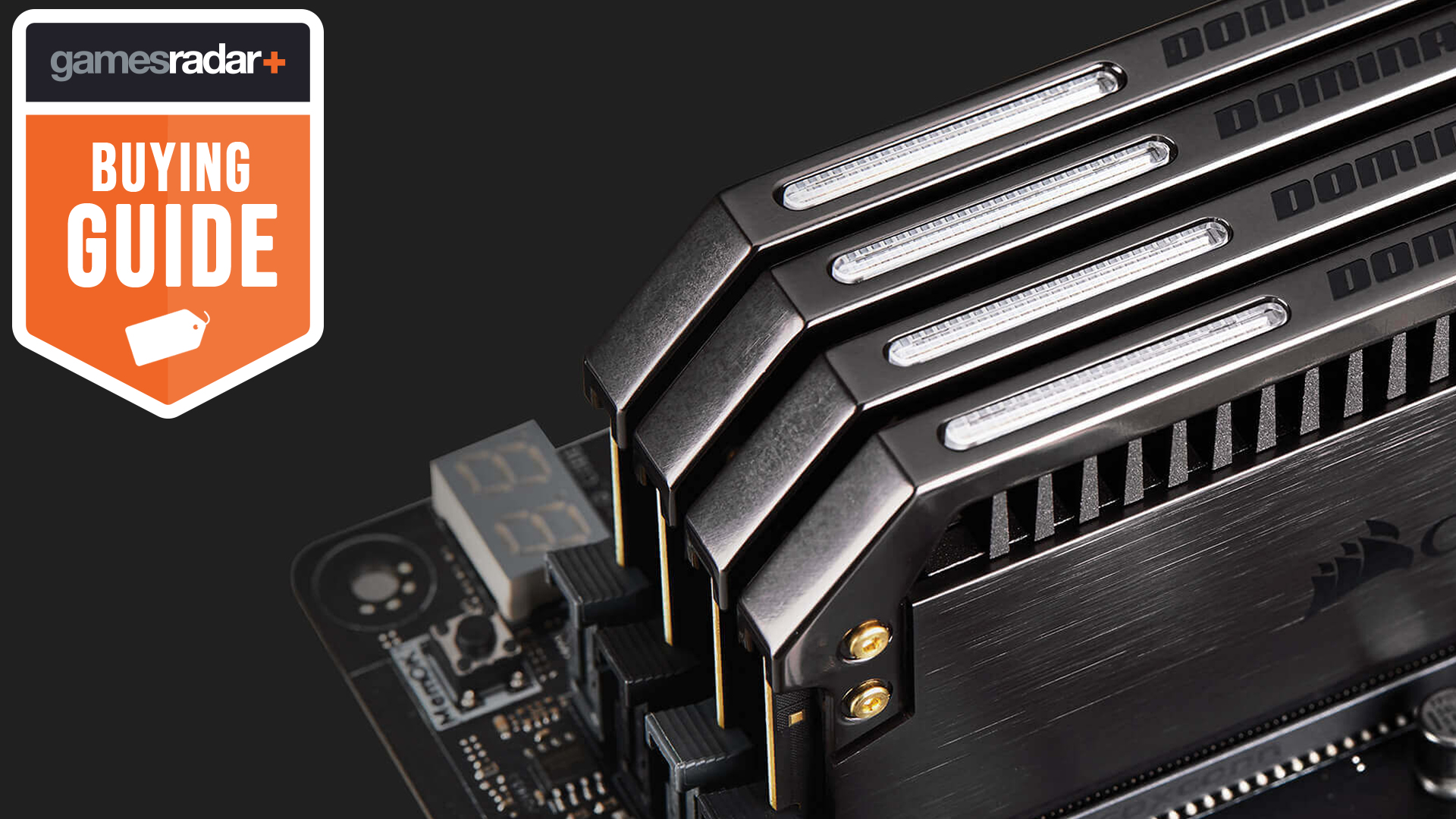
The potential damage from having too little RAM is high - as soon as you start hitting the swap file your performance drops off a cliff, even if it's on a fast NVME drive. The opportunity cost of going from 8GB to 16GB is low, less than $100 at today's prices. Also, there is some proof that more ram is beneficial. Most people like to play it safe, but is this a cognitive bias related to loss aversion? It's hard to put a price on risk, specially when it's unknown. The majority here seems to favor 16GB but I see it's not an unanimous opinion. Memory manufacturers adjusted production more towards registered ECC DIMMs and unbuffered non-ECC DIMMs. It is all due to Intel's market segmentation silliness and AMD having no competitive solution. The only buyers were NAS hobbyists and a small niche of workstation users that need clockspeed of regular desktop-based Xeons and ECC support. The demand for unbuffered ECC DIMMs was practically stagnant for almost a decade. Before Ryzen/Threadripper came into the market. There is almost zero possibility this is the actual reason. And registered ECC is actually cheaper than unregistered right now, which supports your theory (since it makes no sense unless supply/demand is currently out of whack). I find it somewhat hard to believe that this represents a large enough slice of the market to dramatically shift the supply/demand equation. It is probably due to a recent, unexpected demand due to influx of Ryzen/Threadripper users who wanted to setup a workstation build on the relative cheap.
#8GB VS 16GB RAM GAMING 1080P#
Both are definitely enough for very comfortable 1080p gaming. I found an RX580 at $169 and the RX570 is lower than that. For example no big difference in BF V: īTW: There appears to be a sort of minor price war between mid-tier GPUs with the launch of the 1660. My advice is to look for the specific 4-5 games that you plan to play and see what people are saying in the forums.

You can get away with 8GB for most current games but you will need to carefully manage your system. "Absolutely necessary" in that context is not easy to define for every game, but you'll definitely feel it if you start swapping to disk.

But 10% less RAM than absolutely necessary will be a stuttery mess. A GPU that is 10% slower will be 10% slower. So, you won't be buying RAM at a very bad time and it might even be worth waiting a little bit.Ģ. And I am using the exact same kit (Corsair 3000C15 LPX) as an example. A 32GB kit used to cost $200, went up to $400 and is now back to about $240. RAM prices are going down from a very long period of very high prices.

I would only consider it if it severely reduce stutters or other undesireable things.ġ. So, 16Gb just for future proofing does not look like a good deal. Going for 16GB would increase the system cost considerably, and I could use that money to buy a better GPU or Monitor. And, as we at techreport know, sometimes it may give you unsatisfying results. But I can only find FPS based tests, not frametime based ones. (For gaming)Īll tests shows that 8gb is enough and upgrading to 16gb will not give a decent advantage. I'm trying to decide if I'm gonna settle for 2x4GB or 2x8GB for a new system I'll build.


 0 kommentar(er)
0 kommentar(er)
